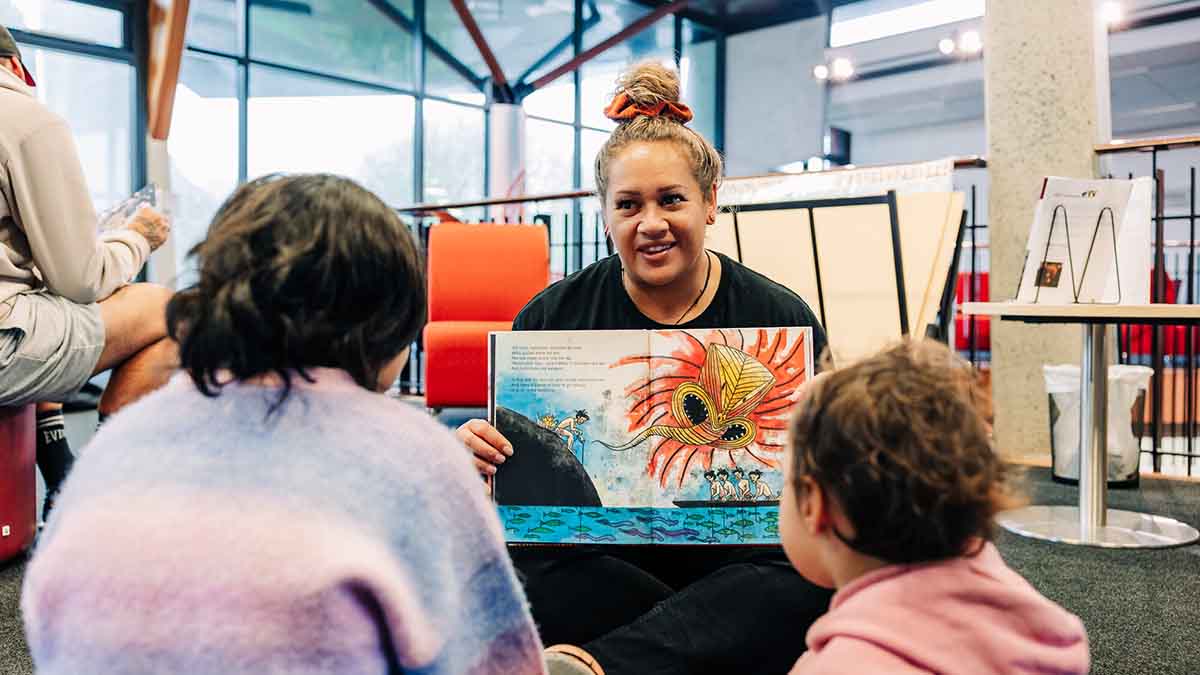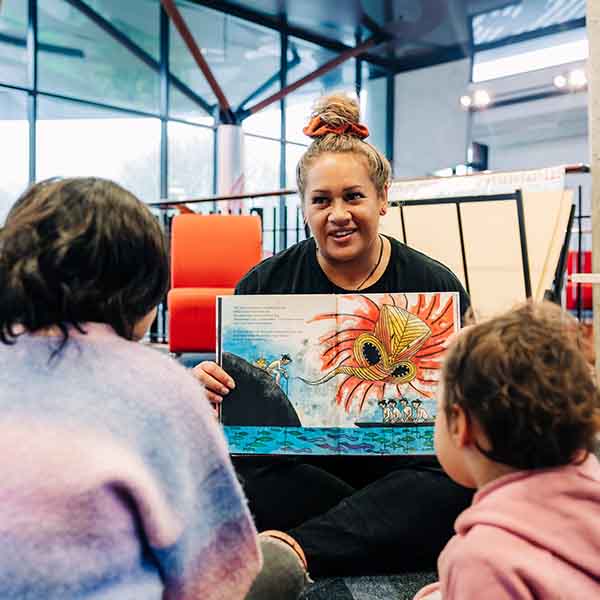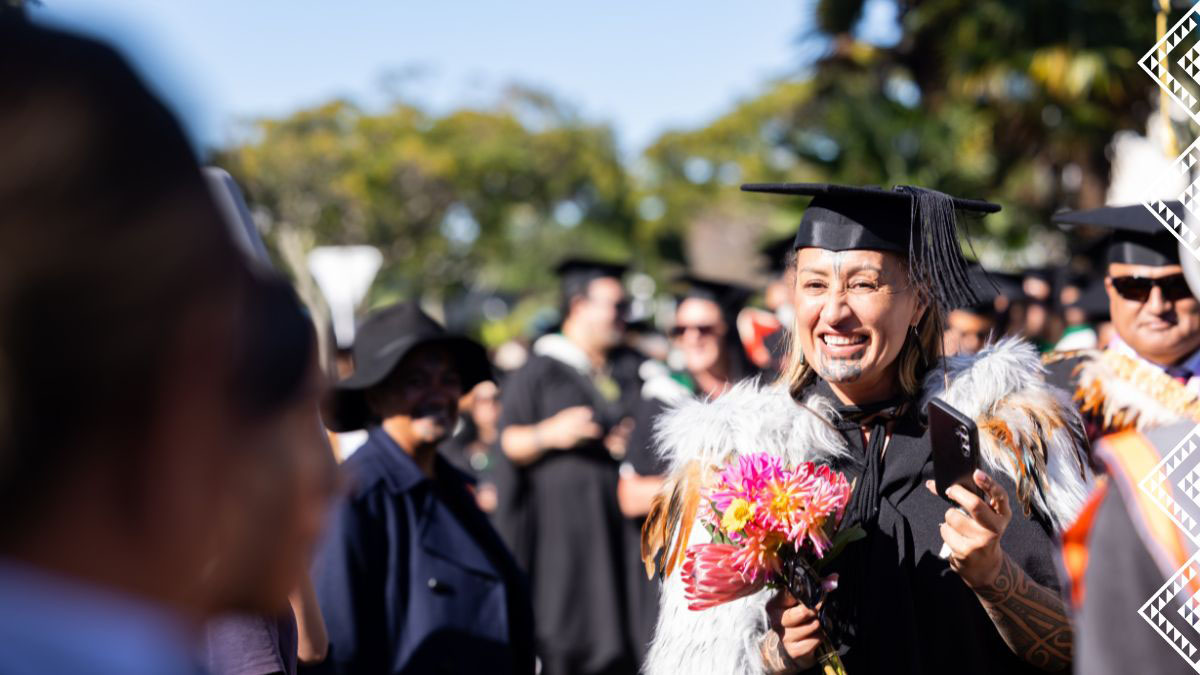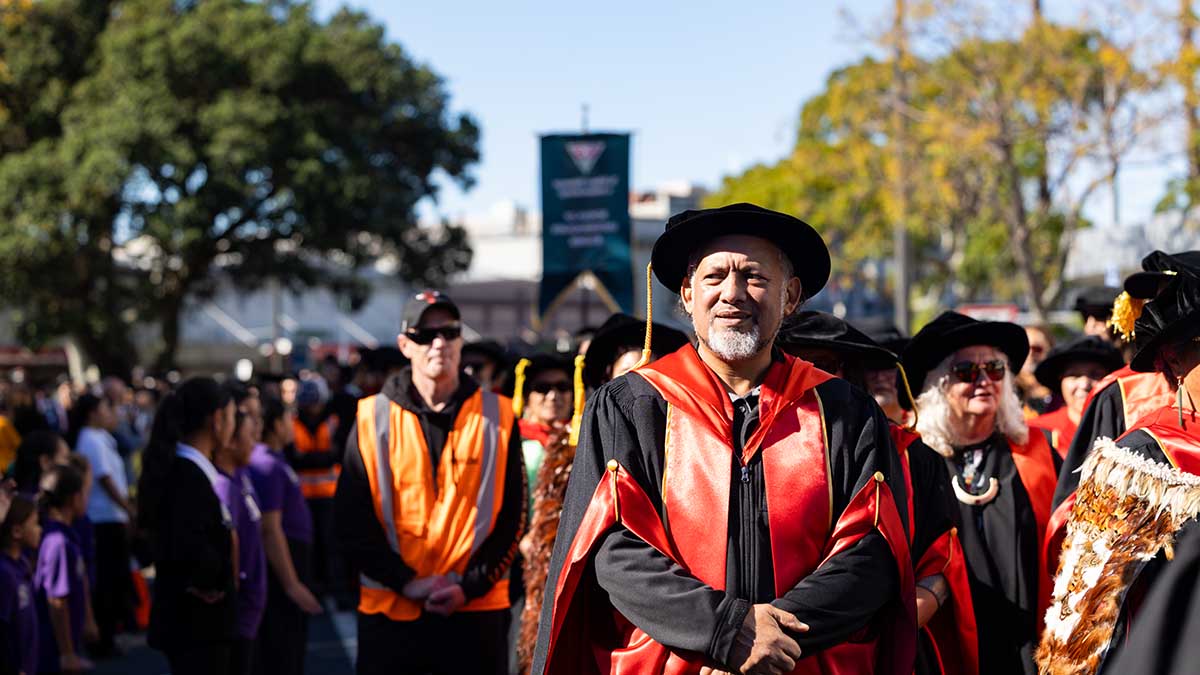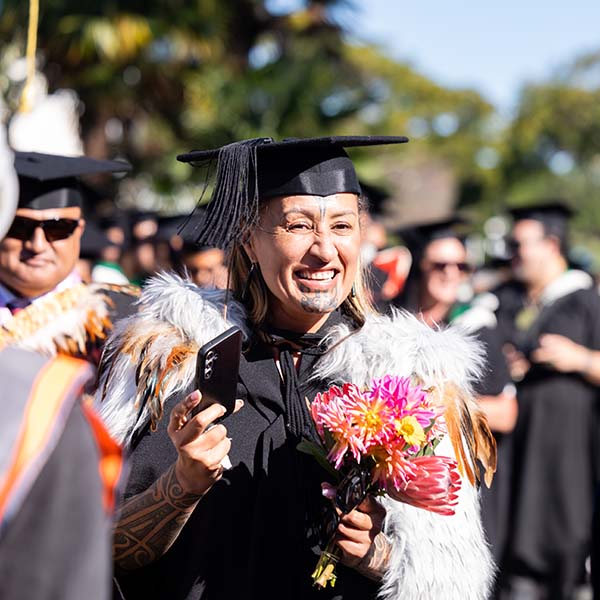Culturally Responsive Education Preparing Young Māori for Success
At just 25 years old, Te Rangihaeata is achieving remarkable milestones in his educational journey with Te Whare Wānanga o Awanuiārangi. His achievements include a Bachelor of Education, Masters of Māori Studies (First Class Honours) and he is currently undertaking his Doctorate.
Te Rangihaeata was motivated by a desire to upskill while working as a relief teacher. However, his study journey began while he was a student at Te Wharekura o Ruatoki. He explains, “I was doing certificate studies during my last year of kura, and intended to join the defence force, but I pursued teaching instead.
“I realised I needed more tools, strategies, and knowledge to teach our tamariki more effectively. So, I enrolled in the Bachelor of Education programme at Awanuiārangi, completed my degree in 2017, and have been teaching ever since.
“I was really fortunate to work and study full-time surrounded by my whānau, who continues to be a pillar of strength and support.”
Te Rangihaeata pursued his Master of Māori Studies and graduated with first-class honours in 2019. His thesis, written entirely in te reo Māori, reflects his deep commitment to his language, cultural values and upbringing.
“I was born and raised immersed in kapa haka, waiata tawhito, tikanga, and my reo, so it was only natural that my research topic would focus on kapa haka, specifically Te Kapa Haka o Ruatoki from its origins in the 1940s to today. My study concentrated on our kuia and koroua, the founding members of this kapa, and the significant contributions they made to maintaining the tikanga and reo of Ruatoki.
"They didn’t speak fluent English; they grew up in an era when te reo o Tūhoe was the predominant language at home. I didn't speak much English until I was older, at kura. My first language is te reo Māori, specifically the mita of Ruatoki and Tūhoe, which is the reo I used to write my thesis."
Te reo Māori and kapa haka have been the cornerstones of his identity and academic focus. Currently, he is working towards his PhD, balancing his academic pursuits with a 7-year teaching career at Te Whata Tau o Putauaki in Kawerau.
"We are an integrated curriculum kura, and this is our third year as a wharekura. I currently teach the senior years, but previously, when our kura only went up to year 8, I taught at the primary and intermediate levels."
He emphasises the importance of a holistic approach to teaching, underpinned by te reo and tikanga Māori.
"This commitment to education through te reo and tikanga Māori is both challenging and rewarding. It reminds us of the abuse many kuia and koroua endured for speaking te reo while also returning to us what was lost. This means bringing te reo back to our homes, our communities, our kura and beyond.
"It allows us to grasp the teachings of old and apply them in a modern-day context, reconnecting whānau to their roots. It helps our tamariki strengthen their identity through the reclamation of whakapapa, tikanga, and te reo.
"You can integrate a wide range of views and experiences by applying them in a cross-curricular learning environment, where everyone’s perspectives become a collective contribution.
"That is the significance of demonstrating this knowledge. It lays the foundation for young Māori to be successful by fostering a strong sense of belonging. This is why I have a passion for being a kaiako.”
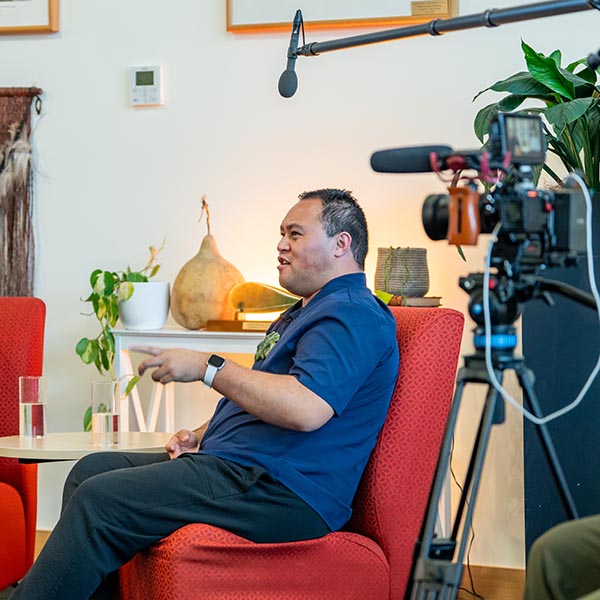
Te Rangihaeata Hare
Qualifications: Master of Māori Studies (First Class Honours), Te Tohu Paetahi Ako: Bachelor of Education (Teaching), Te Pou Hono
Iwi: Tūhoe, Ngāti Porou, Te Arawa, Ngai Tahu
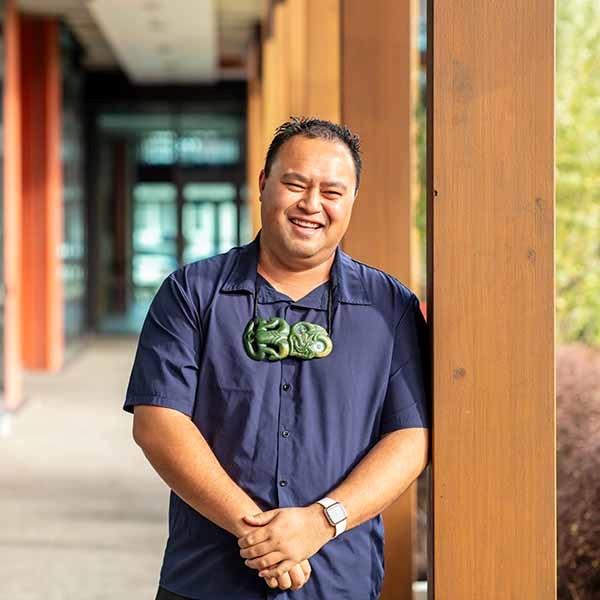
Kimihia he huarahi ako
What can you study?
